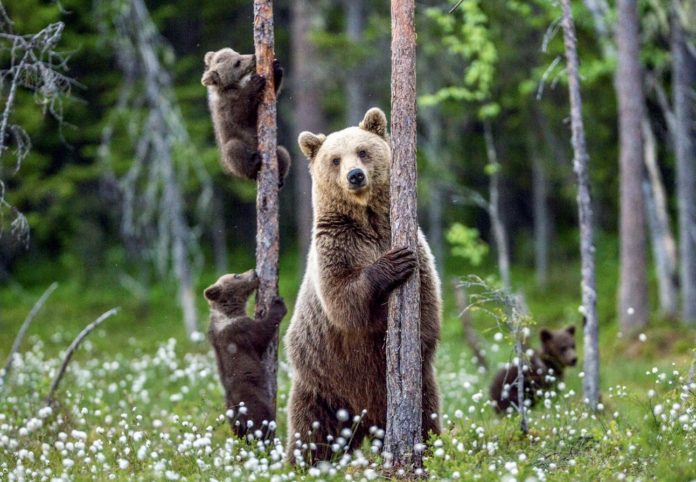You can help all animals and our planet by choosing compassion on your plate and in your glass. #GoVeg
RELATED ARTICLES
Previous article

You can help all animals and our planet by choosing compassion on your plate and in your glass. #GoVeg